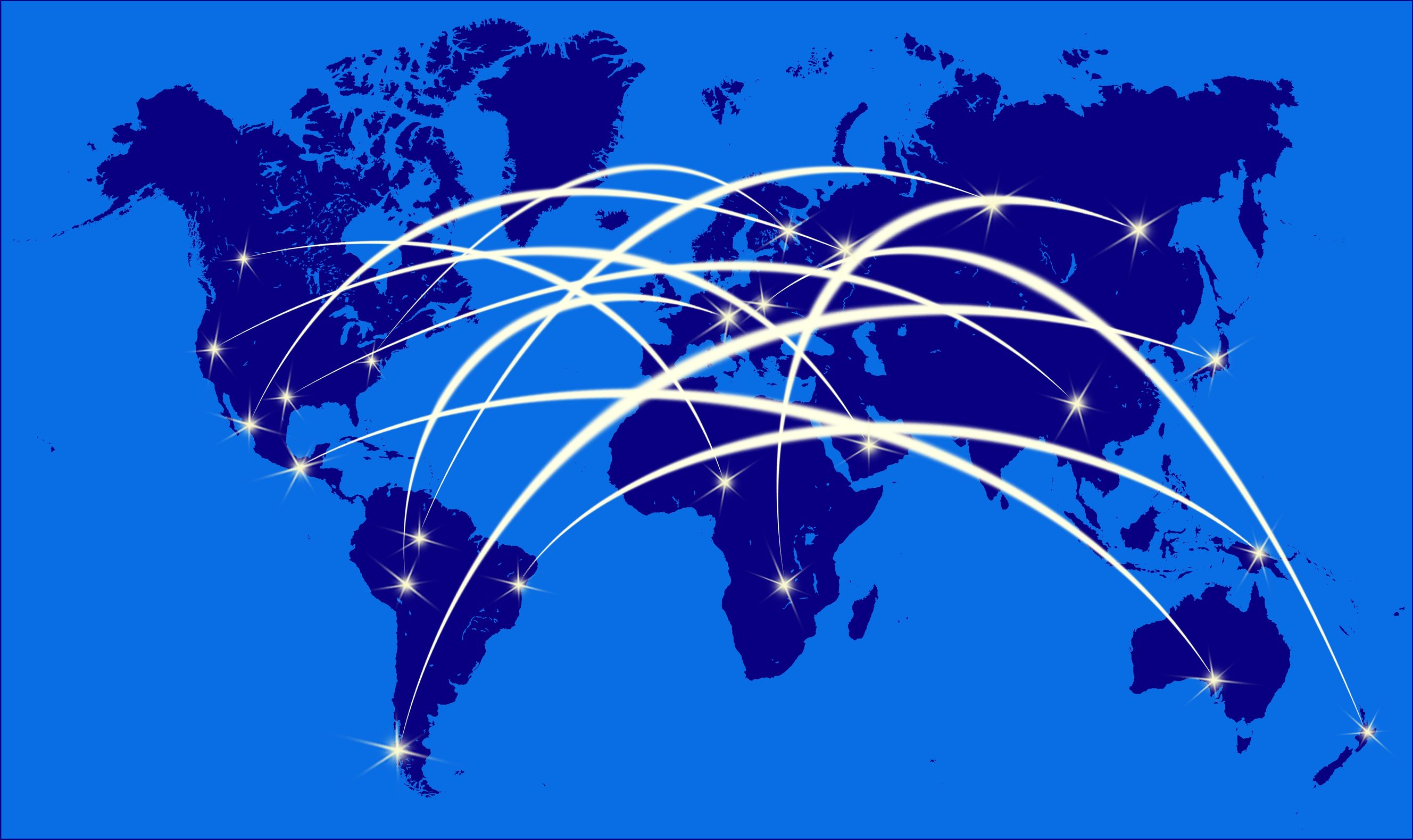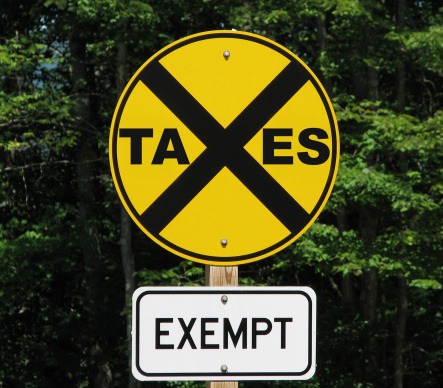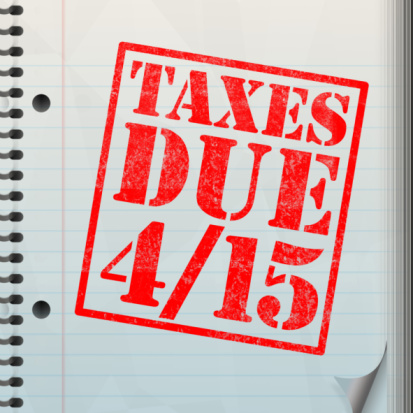Which Countries Tax Worldwide Income?
When you’re planning a move abroad, you need to consider the tax laws of your country of citizenship and your country of residence. The key to a solid expat move is to determine which countries tax worldwide income and avoid them whenever possible.
There are four basic tax groupings of countries. I won’t consider the 22 countries that don’t tax citizens or residents. You can find that list here.
Here’s the 4 tax categories:
- Countries that tax citizens and legal residents on their worldwide income no matter where they live. These countries also tax residents on their worldwide income.
- Countries that tax residents on their worldwide income. This is called a residential or physical presence tax system.
- Countries that tax citizen residents on their worldwide income but not foreign residents.
- Countries that tax residents on their local source income but not foreign source income. This is called a territorial tax system.
The only major nation that taxes its citizens (and green card holders) regardless of where they live is the United States. So long as you hold a U.S. passport or green card, the Internal Revenue Service wants its cut of your profits and capital gains.
- Some lists of countries that tax citizens and legal residents on their worldwide income include Libya, North Korea, Eritrea and the Philippines. The tax systems of these countries are not well developed and data is limited.
The United States taxes all U.S. persons on their worldwide income. A U.S. person is a citizen, green card holder (who is a legal resident but not necessarily present in the United States), and residents. A resident is anyone who spends more than 183 days a year in the United States.
If you’re living and working outside the United States, and qualify for the Foreign Earned Income Exclusion, you can earn up to $102,100 in salary during 2017 free of Federal income tax. If your salary is more than the FEIE, you will pay US tax on the excess.
Also, the FEIE only applies to your salary. You will pay US tax on capital gains, dividends, rents, royalties, and passive income no matter where you live.
Category two includes countries that tax residents on their worldwide income. In most cases, a resident is anyone who spends more than 183 days a year in the country. If you’re not living within their borders, you won’t pay tax to these nations, even if you’re a citizen.
I should point out that the “183 days” test is the standard definition of a resident. Some have more complex tests to determine who is and who is not a tax resident. For example, Colombia uses your presence in the country and the following:
1. Staying continuously or non-continuously in Colombian jurisdiction for more than 183 calendar days during a 365 day period (1 year);
2. 50% or more of your income comes from Colombian sources;
3. 50% or more of your assets are held in Colombian Territory;
4. 50% or more of your assets are managed from Colombian Territory;
5. Having a tax residence in a jurisdiction declared as “tax haven” by the Colombian government.
The best known category two residential taxation countries are Australia, Austria, Brazil, China, Colombia, Japan and Mexico. The residency tax system is the most common and a complete list can be found here.
Category three, countries that tax foreign residents differently than citizen residents, technically includes only Saudi Arabia, Cuba and Philippines. However, some countries impose worldwide taxation on residents only after they have been in the country for several years. So, this category can vary by your situation.
When you’re moving abroad and looking to reduce or eliminate income taxes, you want to move to a category 4 country. These nations are on a territorial tax system and tax only your local source income.
If you live in a category 4 country, operate an online business from a territorial tax country, and don’t sell to locals, you won’t pay income tax to your country of residence. If you move to a territorial tax country and open a restaurant, you will have local source income and thus pay tax on your profits.
The most “business friendly” territorial tax system is in Panama. Other options include Belize, Costa Rica, Hong Kong, Malaysia, and Singapore. For a complete list, click here.
Those are the four tax systems available, with territorial and residency based taxation being the most common. Your objective should be to become a resident of a category 4 country and be a tourist or visitor in countries who would want to tax your business income.
There’s a fifth option you if you plan to spend a lot of time on the road.
You can elect to become a perpetual traveler, as so many internet marketers and entrepreneurs with portable businesses do. If you keep moving, never spending 183 days a year in any one country, you never become a tax resident and are not subject to their income tax reporting or paying requirements.
A perpetual traveler might split her time between Europe, Canada and Asia, or between the United States, Mexico, and South or Central America, never becoming subject to any of these countries tax laws. This option has become popular with nomad internet professionals.
I have two important notes for perpetual travelers:
The first is for Americans. Remember that the U.S. taxes its citizens on their worldwide income, including perpetual travelers. If you go this route, you need to qualify for the FEIE using the 330 day test and not the residency test. Here’s a detailed article on the FEIE for US citizen perpetual travelers. It’s much easier to qualify for the FEIE if you’re a resident of a foreign country for U.S. purposes, even if you spend less than 183 days in that nation.
The second is for everyone else. Several countries will attempt to tax you based on citizenship if you’re a perpetual traveler with no tax home. While their legal standing to require a tax home is unclear, I have seen many nomad clients go to battle with their home country on this issue.
Therefore, I suggest all perpetual travelers become residents of a country with a territorial tax system for the purpose of reporting (or defending your status) to your country of citizenship. Becoming a resident of Panama, while spending only a few days a year there, can simplify your worldwide tax picture.
Panama has one of the lowest cost residency programs. If you’re from a top 50 country, you can become a resident with an investment of only $20,000.
I hope you’ve found this article on which countries tax worldwide income to be helpful. For more on how to setup an offshore company or plan an international trust, please contact me at info@premieroffshore.com or call us at (619) 483-1708.












Leave a Reply
Want to join the discussion?Feel free to contribute!